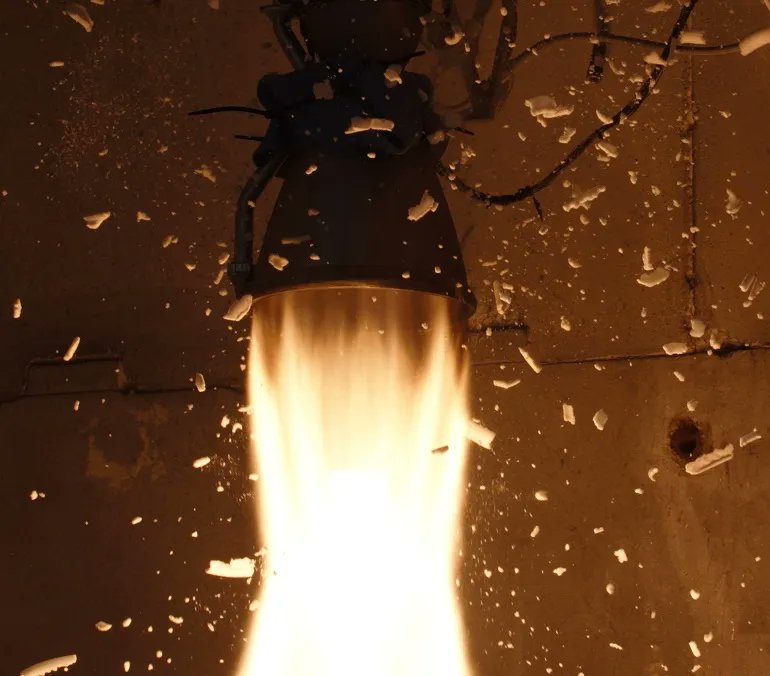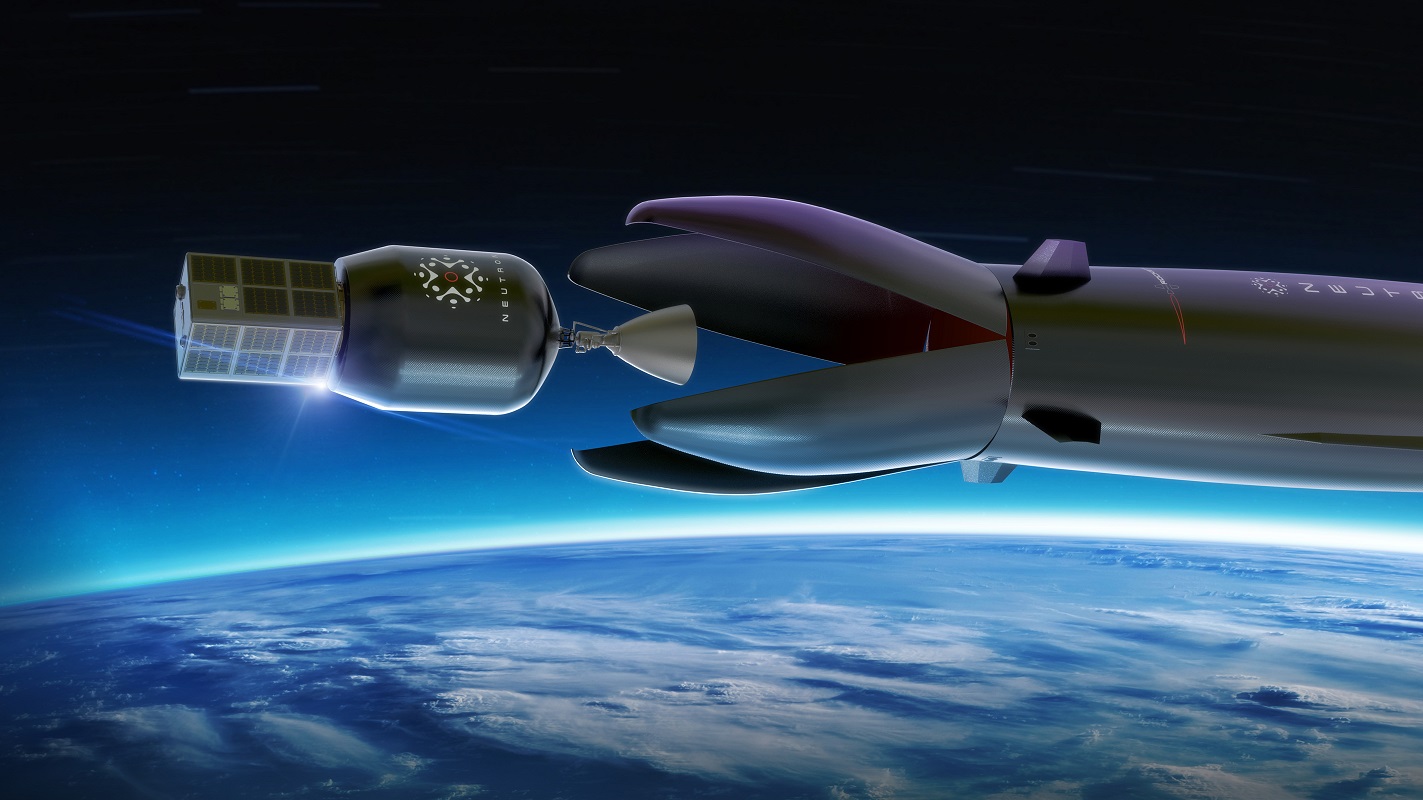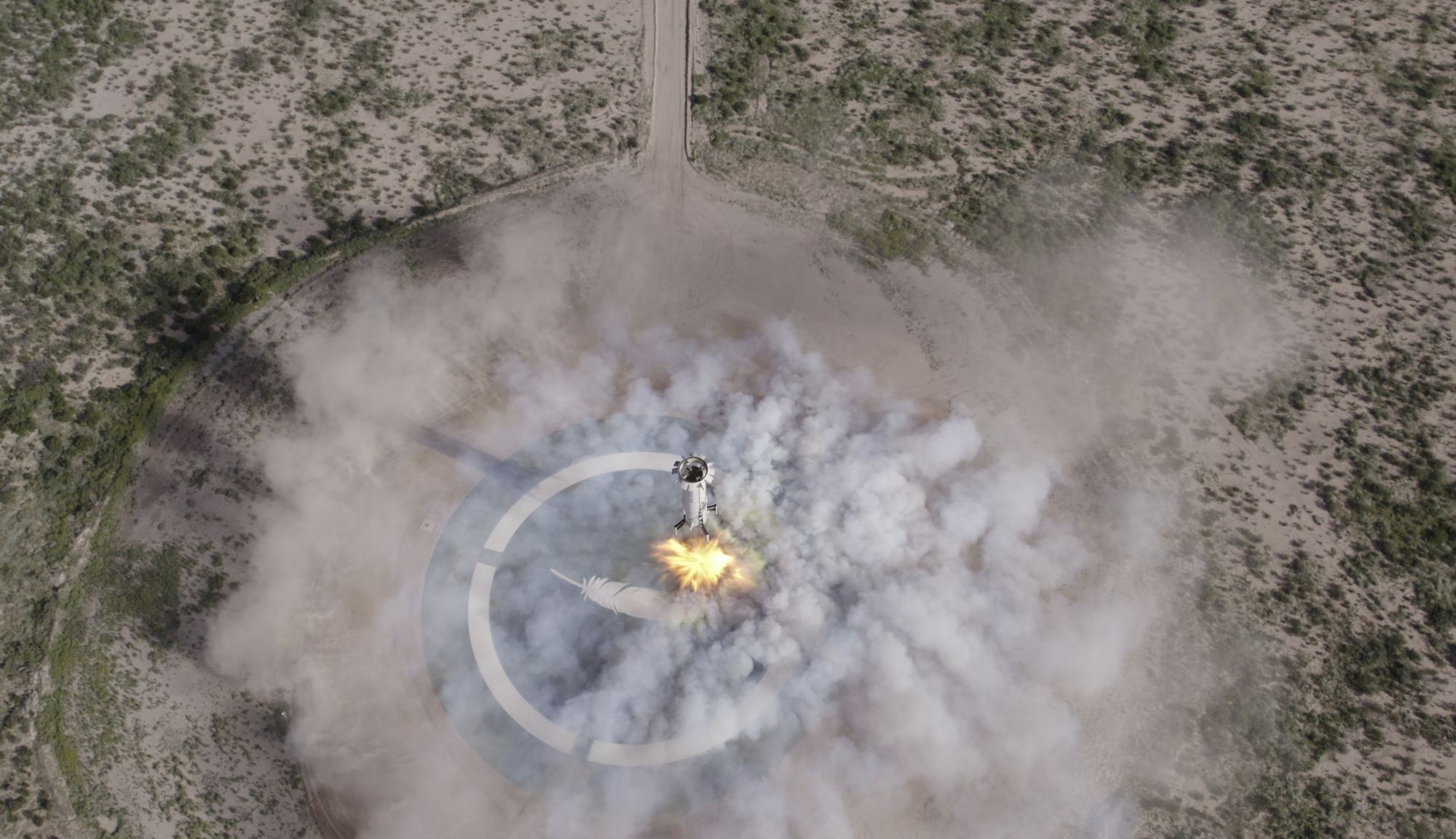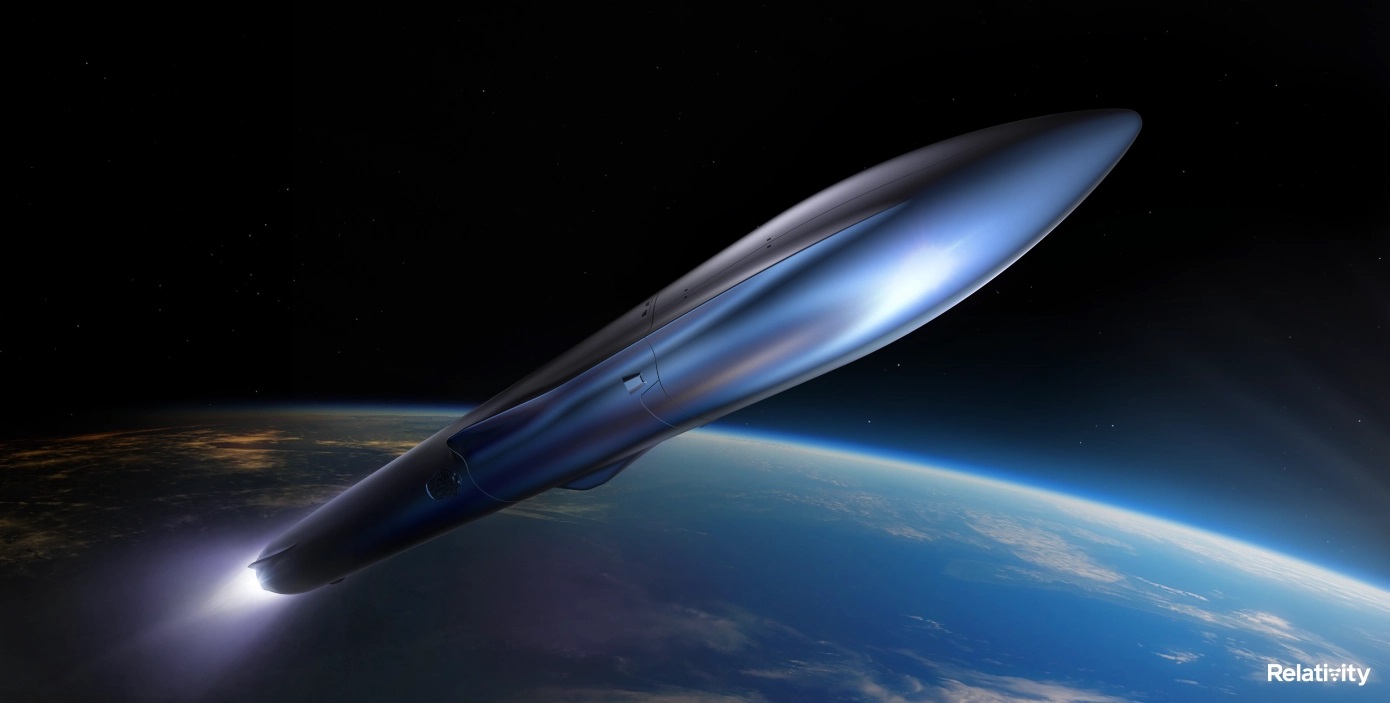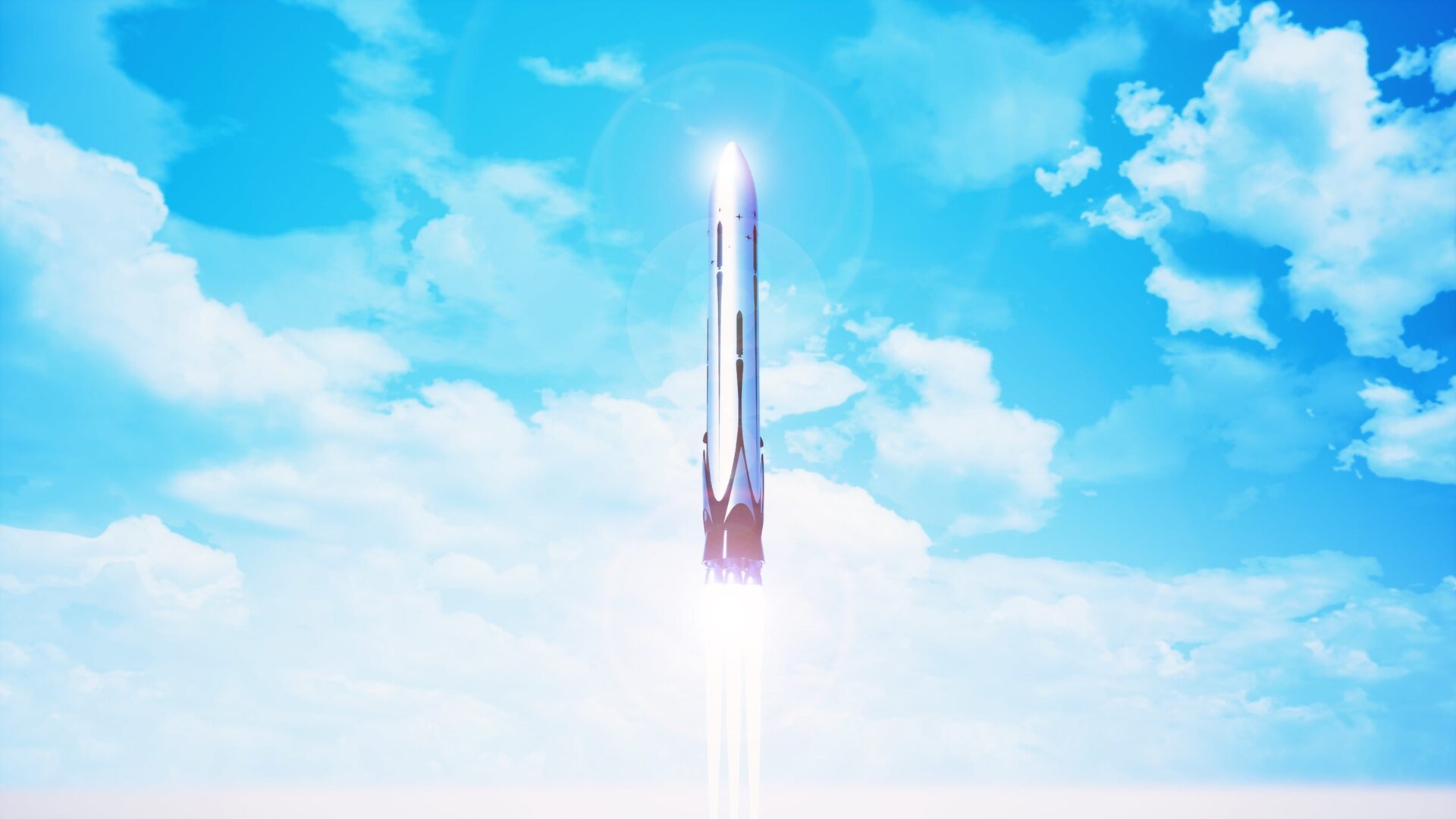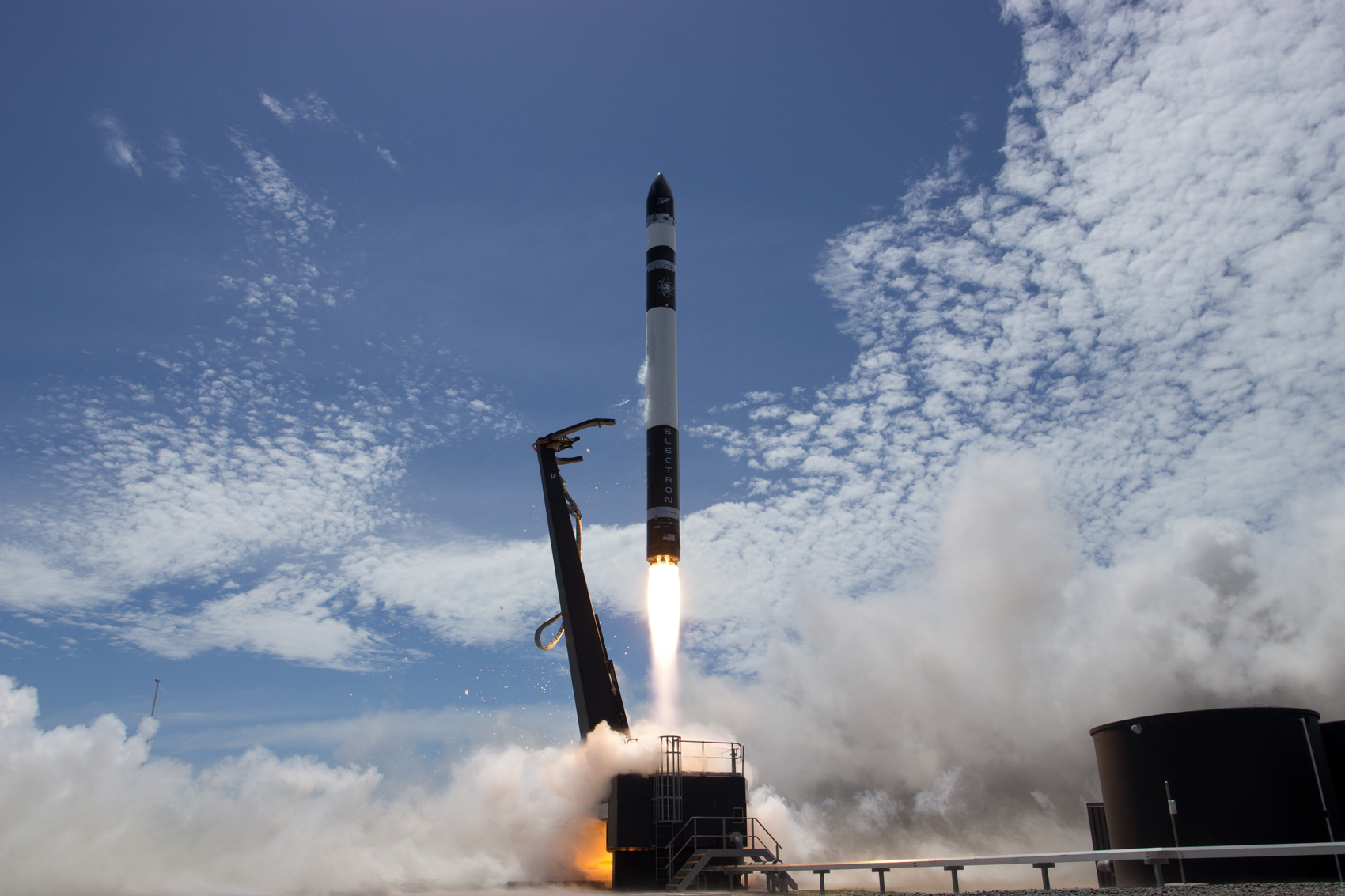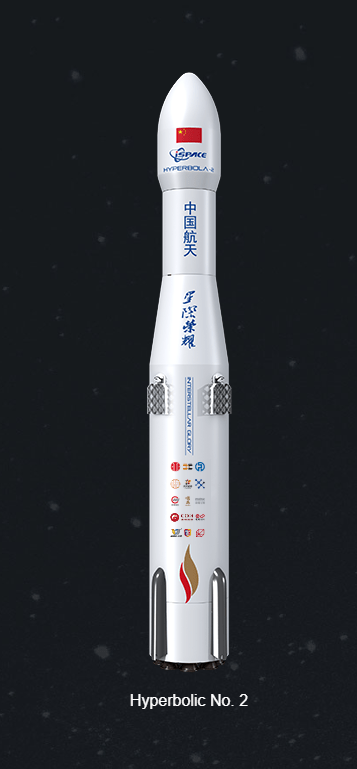The 2024 China International Aviation and Aerospace Exhibition was held in Zhuhai last week – from November 12th to 17th, 2024. Since 1996, and with support from the Chinese aerospace industry, this biennial festival features actual products, trade talks, technological exchanges, and an air show. This year’s big highlight was China’s newly announced reusable space cargo shuttle, the Haolong (Chinese for “dragon”). According to chief designer Fang Yuanpeng, the spacecraft has entered the engineering phase and will be ready for space in the near future.
Continue reading “China’s Proposed Cargo Shuttle, the Haolong, Has Entered Development”China’s Proposed Cargo Shuttle, the Haolong, Has Entered Development



